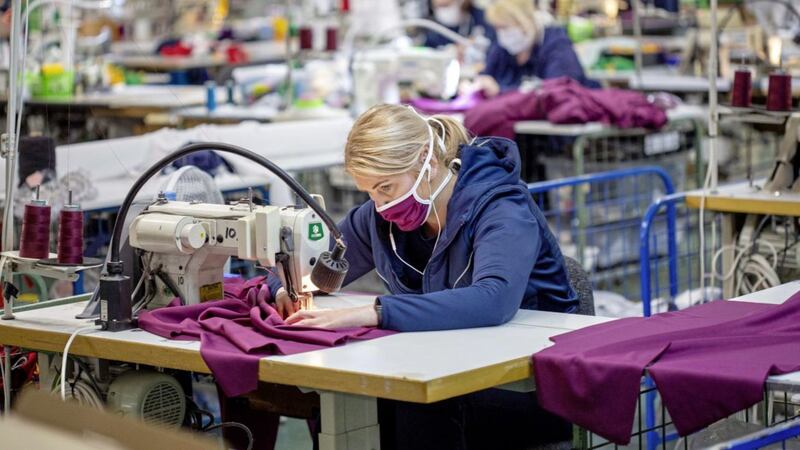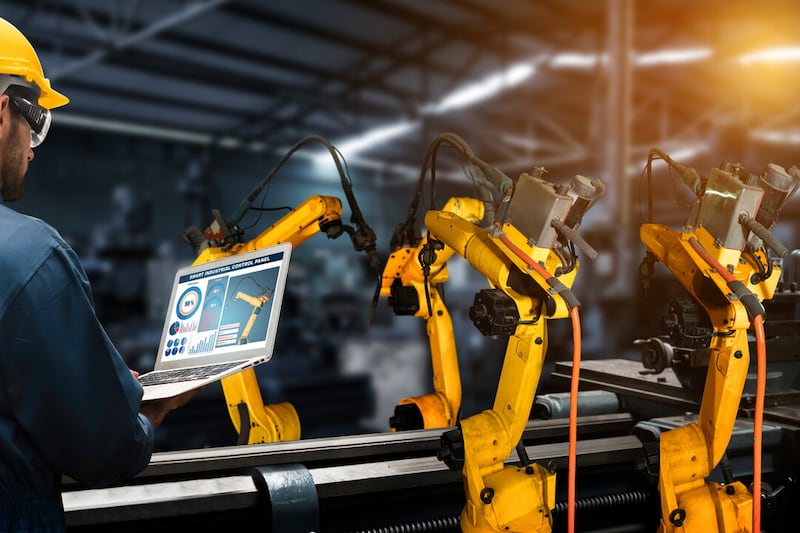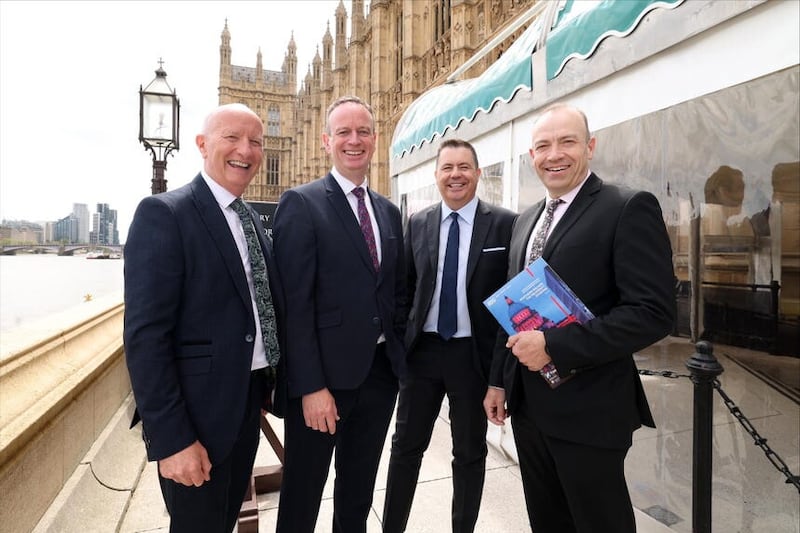IN the past week, much of our retail and hospitality sectors are getting the chance to get back to business.
There is concern that this is risky.But we see the efforts they’ve made to ensure staff and customers are safe, and we wish them well.
At the height of the Covid pandemic there was an at times aggressive effort to get our local factories to close, with some of the public, politicians and media claiming that workplaces were not safe and had to close.
The pressure, which came to a crescendo not long after the Chancellor announced his furlough scheme, forced many firms to send people home and lock their gates, including many who we needed to provide critical and essential services.
Many firms knew they were operating safe workplaces, and despite the lack of official or rapidly changing rules, many made quick adaption to normal working practices.
Of course, many wanted to do their bit to reduce the number of social interactions between people. That was and continues to be the right thing to do.
The shutdown also allowed many to rethink how they do what they do, re-engineer their processes and in the case of some 600 manufacturers, repurpose to meet the demands of the front line in tackling the consequences of the virus.
In the absence of clear guidance, business, trade unions and public bodies worked through, agreed and presented the much-needed guidance for employers and employees. That social partnership model was a great success, and much can be learnt from that experience.
Most manufacturers went back to production on May 4 or 11. What the Covid statistics show since then is a steady decline in Covid cases. They show that our manufacturing workplaces are safe and that those who work in manufacturing have adhered to the new rules and have taken their responsibilities to fellow workers, their families and communities seriously.
Despite the full frontal attack on the manufacturing community, they remained focused on safely keeping going, safely getting back into business and providing the opportunity for communities across the north to enjoy they dignity of work.
Our manufacturers are resilient. They are problem-solvers - through the Troubles, sterling depreciation, off-shoring to the Far East, the financial crash and then through Covid they kept the jobs and the wages going. But we constantly hear from them that they fear they are taken for granted.
It was our manufacturers who raided their storerooms for PPE for nurses. It was our manufacturers who quickly turned their machining and their people to providing shields, screens and sanitisers. It was our manufacturers who keep food on our shelves to place on our lockdown family tables. They provided the machinery to keep our lights on, our data centres running and emergency, food and waste vehicles on our roads.
When the Executive compelled, for instance, restaurants, canteens and schools to close, or pulled maintenance work on social housing or stopped providing testing services, they also closed many manufacturing businesses as a result.
Yet these SMEs haven’t had a grant to help pay for overheads, nor a 12-month business rates holiday, so they can get back on their feet upon reopening.
Manufacturing dominates our external and export sales. Critically they bring in more money to the Northern Ireland economy from these external sources of income than the Executive get as a subvention from Westminster.
If we want to safely rebuild our economy, get people back in work and have money to circulate in our retail, hospitality, motor, housing and other markets then we need to be cherishing rather than letting these businesses fall through the cracks.
Stephen Kelly (stephenkelly@manufacturingni.org) is chief executive of Manufacturing NI (www.manufacturingni.org)








